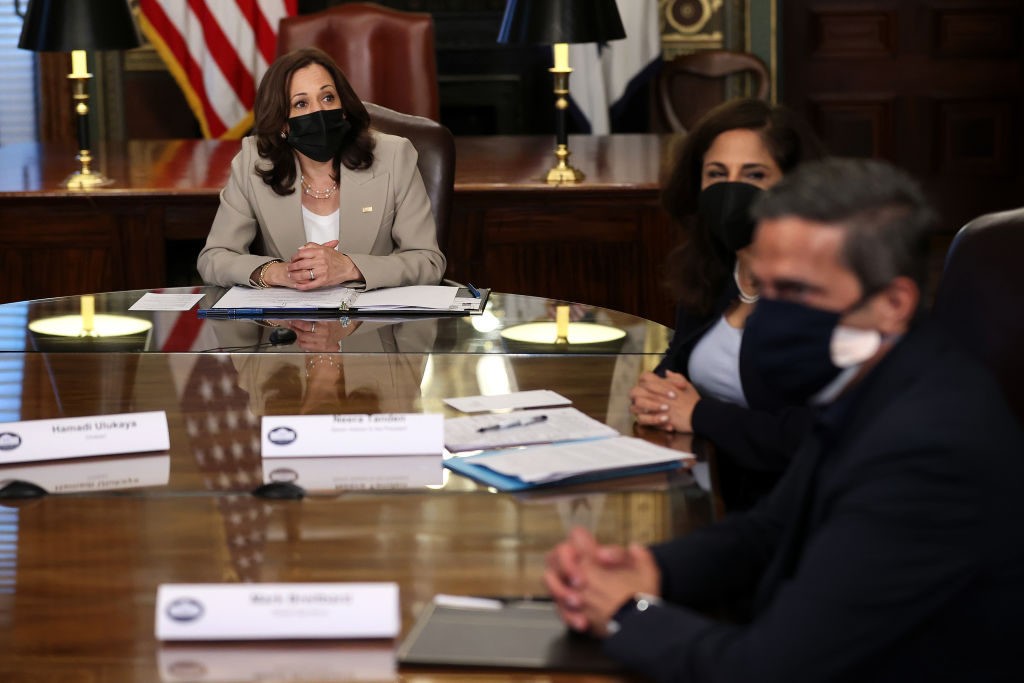An economist’s analysis of President Joe Biden’s Build Back Better bill said it would significantly increase the cost of day care in the guise of making it more affordable. Casey B. Mulligan, a professor of economics at the University of Chicago, published his piece on the Committee to Unleash Prosperity’s website.
Mulligan prefaced his remarks by stating the U.S. childcare industry is an important part of the economy, offering support for working parents and “regulating the industry and removing financial incentives to supply lower-cost care, the Build Back Better bill (BBB) would sharply increase the cost of childcare.”
Mulligan predicted rocketing cost:
I estimate that BBB would increase childcare costs by 102 to 122 percent. For a family with an infant and a four-year old, that would be an additional annual expense of up to $27,000 unless they could qualify for BBB’s subsidies. In 2022, that would be half of families currently using nonparental childcare. Even in 2024 when the subsidies are more generous, 27 percent of families currently using nonparental childcare would be paying more than double of what they do now. As taxpayers, even families without children would be paying for a childcare industry whose bloat was fueled by BBB.
It is challenging to forecast how families would cope with such harmful and disruptive changes in childcare costs. Many families may respond by withdrawing a parent or relative from the workforce to provide the care. Marriages may break apart. Parents desperate to avoid such elevated childcare costs may begrudgingly decide to put their children into the custody of aunts, uncles, or grandparents where subsidized care is available.
Using footnotes to relevant supporting documents, Mulligan argues that provisions in Biden’s plan will cause a need for additional staffing and other requirements.
The report continues:
In addition to disincentivizing marriage and work (Mulligan 2021), the sliding-scale imposed on consumers reduces another incentive for providers to control costs. Under BBB, providers will be able to pass on much of their costs to federal taxpayers who stand by ready to pay for any gap between costs and what BBB deems as “affordable” for low-income families. Moreover, as costs increase and some of the subsidy-ineligible families exit the market, the customer base becomes even less cost conscious. The result is even greater costs for those subsidy-ineligible families that remain.
Mulligan cites the Bureau of Labor Statistics (2020), that said elementary-school teachers earned an average of $63,930 annually in 2019, compared with $25,510 an average for child-care workers.

U.S. Vice President Kamala Harris delivers remarks about child care and paid leave during a meeting with business leaders in her ceremonial office in the Eisenhower Executive Office Building on August 12, 2021 in Washington, DC. (Chip Somodevilla/Getty Images)
“Perhaps child-care workers would be required to hold master’s degrees, or be represented by unions that could otherwise limit supply as they do with kindergarten teachers,” Mulligan wrote.
Mulligan compares the flaws of BBB to Obamacare and challenges in the U.S. education system.
He concludes, “As written, Build Back Better would cause massive inflation in the childcare industry. The inflation will be similar to, and maybe in excess of, 102 percent individual health insurance premium inflation that transpired after the Affordable Care Act went into effect or the 103 percent cost inflation inherent to the public school system.”
Follow Penny Starr on Twitter

COMMENTS
Please let us know if you're having issues with commenting.